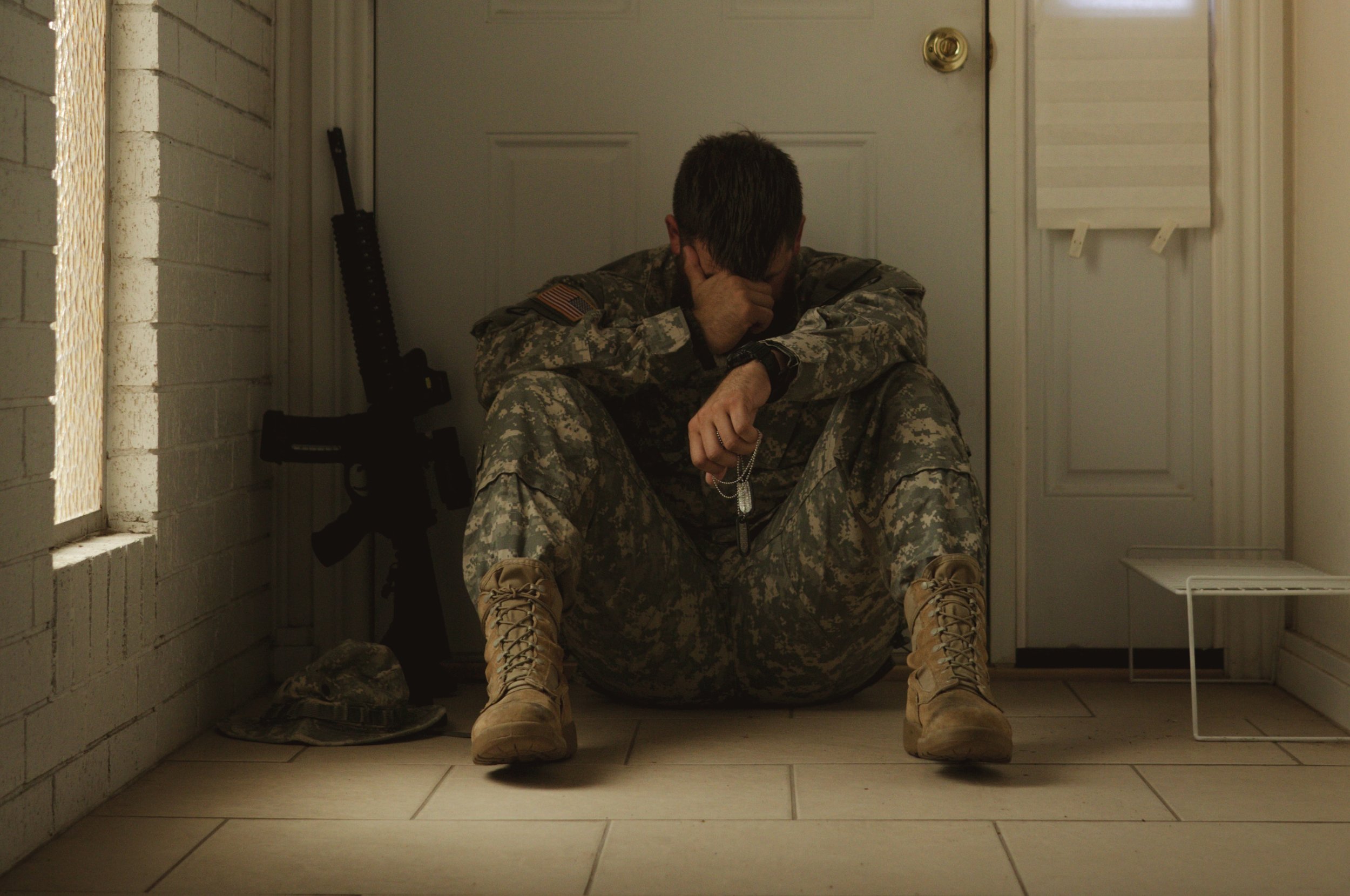Mental Health in the Military
According to a U.S. Census report, more than 6% of the U.S. population have served or are currently serving in the military. Today, there are roughly 18 million veterans and 2.1 million active-duty and reserve military personnel in the United States. This statistic, however, fails to capture the even greater number of family members affected by military service.
Why is Mental Health Support Important for Military Service families?
The National Alliance on Mental Health (NAMI) estimates that nearly 1 in 4 active-duty members show signs of a mental health condition.
Though PTSD and depression have been the most common publicized mental health conditions faced by military members, servicemen and women may also experience traumatic brain injury (TBI), addiction, self-harm, suicide, and more.
Active-duty members are also at higher risk for non-military related trauma and can be exposed to a variety of potentially traumatizing experiences such as interpersonal violence, physical and sexual abuse.
There are a variety of reasons why military members face these issues. Some may be related to military “yes sir” culture that demands absolute compliance, making it hard for military personnel to say “no” and assert their needs. Additionally, cycles of deployment are especially difficult as members are separated from friends and family with no control over their schedules. When it’s time to reintegrate into American society, the highly structured environment and “battlefield mentality” can be hard to let go of and may require adaptation.
Military members frequently experience tension, and the need to release may manifest in unhealthy ways, such as through misuse of substances. Women in the military face even more challenges due to gender discrimination and the need or desire to prove themselves in a male-dominated environment. According to statistics, 20-43% of female service members report experiencing sexual trauma in the military. Military family members face their own unique challenges such as constantly being uprooted from friends and family, struggles to maintain a healthy marriage, and challenges in supporting their servicemember.
Ways to Get Help
Military members are encouraged to conduct an anonymous self-check quiz
Wellspring’s team of therapists are well-qualified to provide cognitive processing therapy, EMDR, equine therapy, and more to those looking for outside support.
If in distress, please call 988 and press 1 (for the National Suicide Prevention Lifeline).
If in immediate crisis - dial 911.
Though military service comes with its many challenges and is different for everyone, many members consider it to be one of the most rewarding experiences of their lives. Wellspring Counseling, Inc. is proud to serve the brave men and women who work hard to protect this country.
“Blessed are the peacemakers, for they will be called sons of God.”

